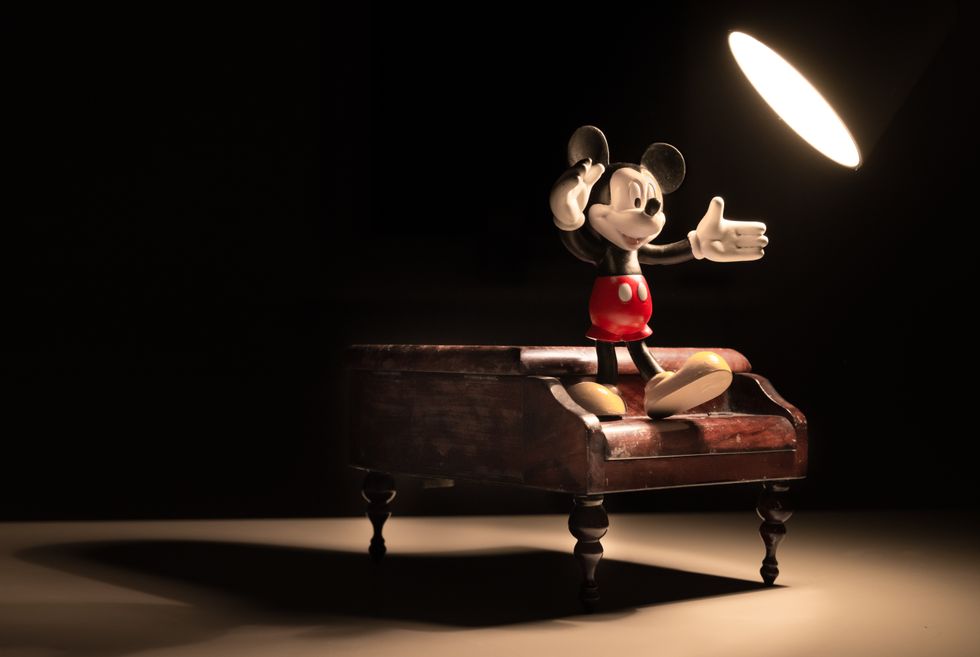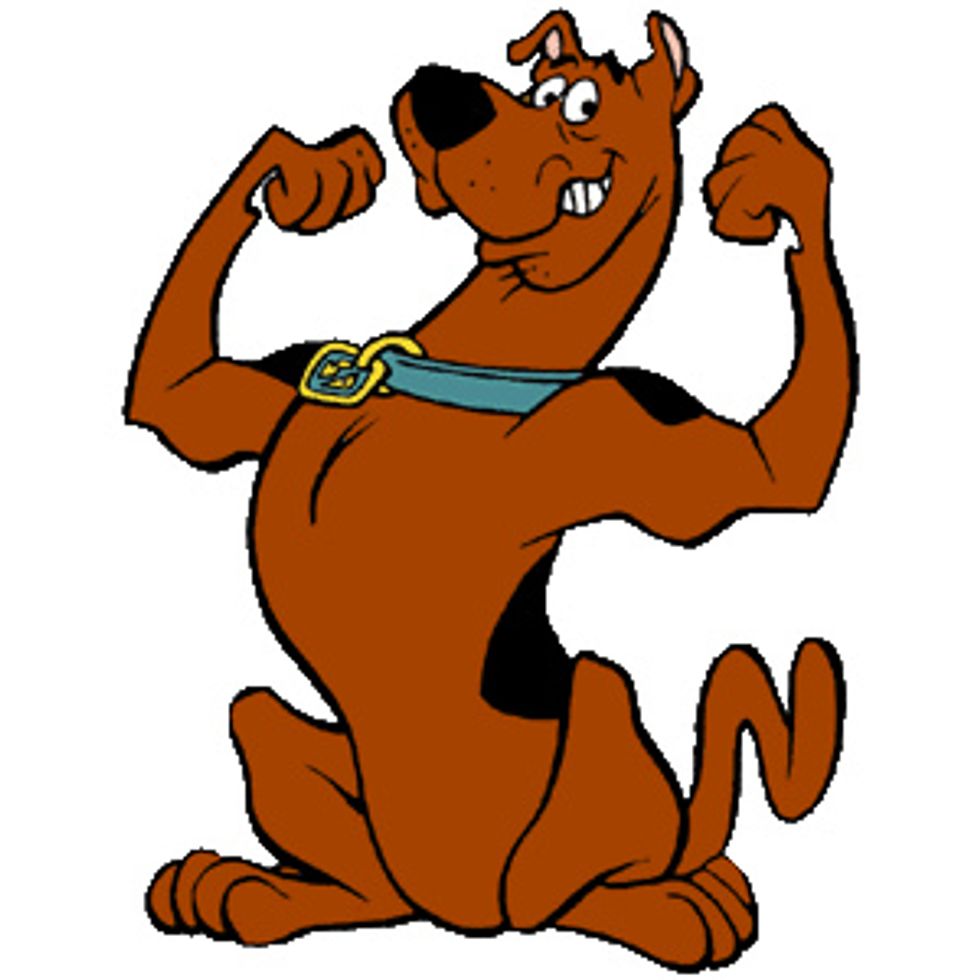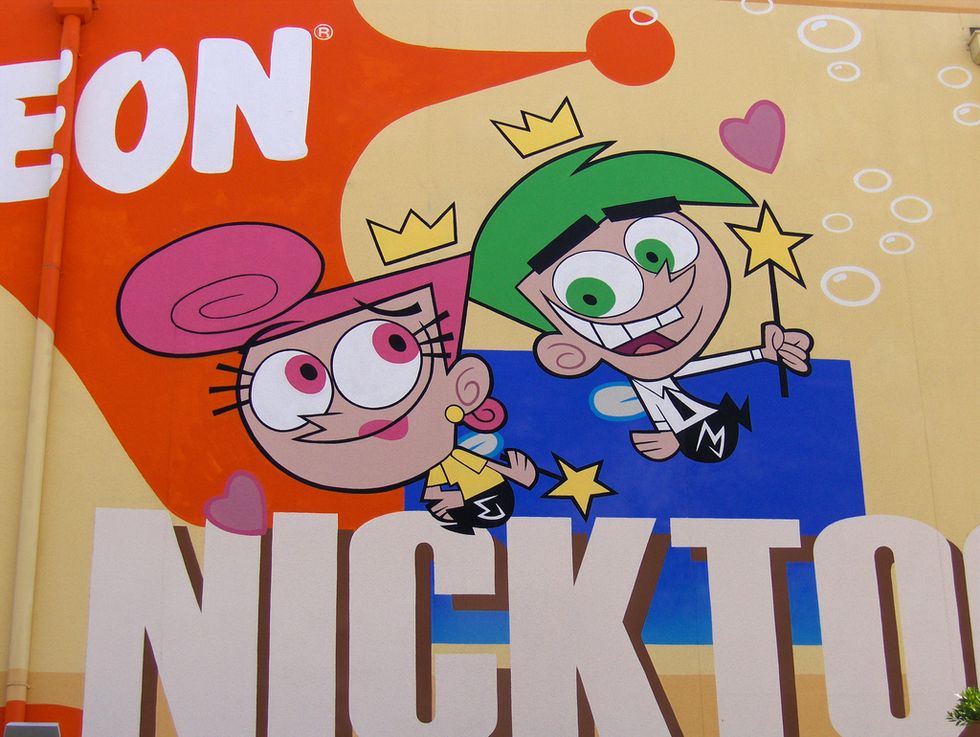I grew up watching cartoons, from old-school SpongeBob SquarePants (which we could dissect all day) episodes to cult-classic Courage the Cowardly Dog serials, my childhood was fraught with fun and laughter from hand-drawn illustrations come to life on television. They shaped a generation, us nineties kids, and helped us to realize far more than we signed up for when sitting down for a Saturday morning viewing. I thought this whole time I'd be gearing in for a thirty-minutes-with-commercial-breaks feat of escapism, and yet here I was learning some valuable lessons. I don't do listicles often, but here are three lessons our favorite cartoons passed on to us.
1. Scooby-Doo, Where Are You?
The Real Monsters are People
Did you know that Scooby-Doo was the answer to an overflow of "violent" superhero-oriented cartoons that parent watch groups claimed would corrupt the minds of the youth? CBS and Hanna-Babera then constructed the mystery-hunting quarter and their anthropomorphic Great Dane as a kid-friendly alternative for their audiences to watch, so there's some trivia for you. Another takeaway is that, per the tried-and-true formulaic process, each episode would uniformly end with Mystery Inc. unmasking the freak of the week, only for it to be revealed as a commoner they'd met beforehand, some seemingly benign individual in a position of authority they'd never suspect, and said culprit is usually doing it all to cover up a prior crime. In short, the show teaches kids that vampires and werewolves are nothing to fear when compared to the horrors possibly living right next door. As we get older, it becomes even more apparent these "monsters" are just people pushed to the edge of desperation, highlighting exactly what the paranoia of covering up a mistake can truly lead to (see: current state of political affairs for further examples).
2. The Fairly Odd-Parents
Growing Up is Taking Responsibility
Okay, now this one might seem more obvious at first, but allow me to explain. The central premise of the show is protagonist Timmy Turner, ten-year-old wish-maker bestowed fairy godparents to ensure his normally depressive lifestyle is distracted by humorous misadventures. This usually involves Timmy trying out a wish that inevitably goes horribly wrong. The message is simple: Be careful what you wish for. However, an addition one can supplant this theme with is that the fairies really aren't there at all, but really a representation of the last few years of true childhood before Timmy reaches puberty, becomes an adult, and makes his own way in the world. All the silly adventures, wacky characters, and ways in which Timmy magically impacts the world are just the rampant imagination we've all had during childhood, which is why the show beats viewers over the head with the phrase, "When you turn thirteen, you won't need us anymore!". Sad but true, the show is about making the most of your childhood, responsibility-free as it may be, for it doesn't last forever.
And last but not least:
Courage the Cowardly Dog
Perspective is Reality
I didn't honestly believe there was a point to the macabre cinematic experience that was Courage the Cowardly Dog besides absolutely mind-boggling their young target audience, but here we are. What I remembered from the show was how a pink canine tackled the demonic entities and scary forces predominantly surrounding his little family's shack in the desert, often in a way that contradicted his namesake comically. Upon closer examination, though, I found that perhaps I'd been looking at this all wrong. I was watching this show about a dog, through my human eyes (bear with me here), while the show is obviously from the point of view of the family pet. Anyone who owns a pet knows they can be startled by anything from lighting, an unknown house guest, to the passing squirrel out the window. The message of this show is that, from Courage's perspective, his family and he are always just seconds from danger every time they venture outside, because he is an inside pet that's never been outside. Moral of the story: life is what we make of it, and our individualized perspective can shape how we perceive our reality.
Ultimately, cartoons are made for children, yes, but that doesn't mean their message cannot be shifted for a slightly older demographic or simply presented there for future viewings. I've found the most entertaining pieces of literature and entertainment are ones that can pander to a young, action-friendly lot but still slide in adult jokes and a heartfelt message that, if not appreciated at the time, can be looked upon later with reverence.
























